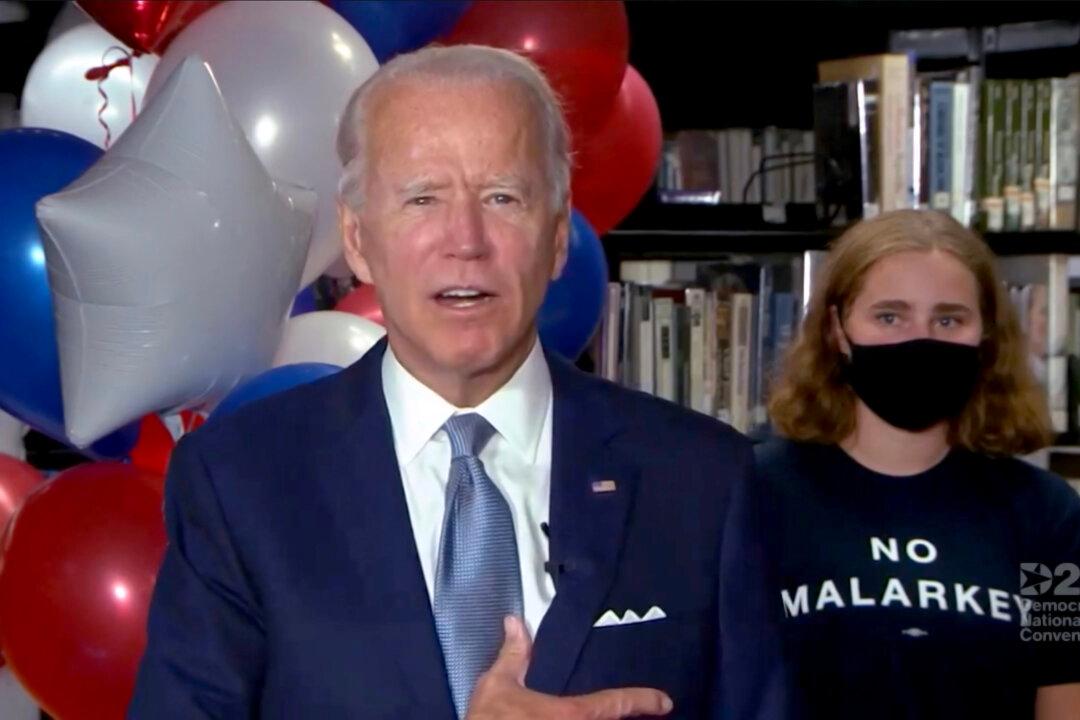News Analysis
If voters elect Democratic presidential nominee Joe Biden to the nation’s highest office in November, those who live in America’s suburbs could be in for a rude awakening early in 2021.


If voters elect Democratic presidential nominee Joe Biden to the nation’s highest office in November, those who live in America’s suburbs could be in for a rude awakening early in 2021.